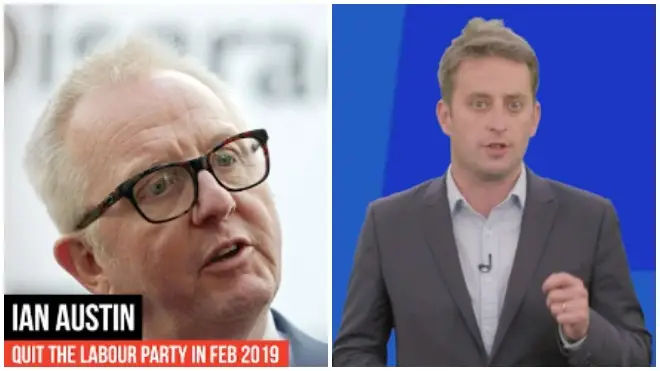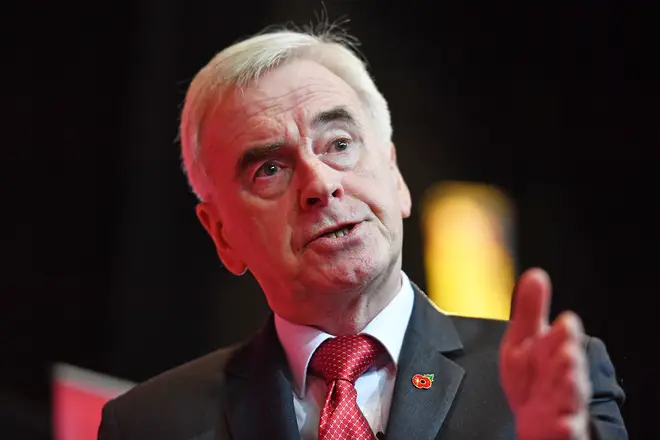
Matthew Wright 7am - 10am
7 November 2019, 21:01

Day two of the general election campaign got off to an astonishing start as the former Labour MP Ian Austin said "patriotic Labour voters" should vote for Boris Johnson.
The previous 24 hours of the election campaign were tumultuous to say the least for the Conservative Party who could barely conduct an interview without controversy.
However, following Boris Johnson's speech on Thursday news broke that Labour's deputy leader Tom Watson would be stepping down as an MP.
Then this morning, Gordon Brown's former press secretary Ian Austin defied convention and told "decent, traditional, patriotic Labour voters" to back the Tories.
Mr Austin quit the party earlier in the year in protest at Jeremy Corbyn's failure to deal with anti-Semitism.
But in an unprecedented turn of events, the former Dudley North MP told his constituents and voters across the country to vote for the Tories as Labour's leader is “completely unfit” to be prime minister.
John McDonnell, the prospective Chancellor of the Exchequer, responded furiously to the announcement whilst giving a speech in Liverpool Riverside.
The seat was previously held by the Jewish former Labour MP Louise Ellman who last month also announced her plan to stand down because of the party's approach to tackling anti-Semitism.

Mr McDonnell claimed Mr Austin, who had served as a Labour MP for 14 years, was "now employed by the Tories and speaking on behalf of the Tories."
The reasoning behind that claim was because Theresa May, in one of her final acts as prime minister, handed Mr Austin an unpaid role of trade envoy to Israel.
One must note that this position is a government role and not a Conservative one. In fact, there are 24 other trade envoys including Labour's parliamentary candidate Rushanara Ali who represents the office of the Bangladeshi Prime Minister.
However, John McDonnell failed to mention this particular detail in his speech, adding further fuel to an already inflamed campaign and raising the political temperature ahead of a cold, winter election.